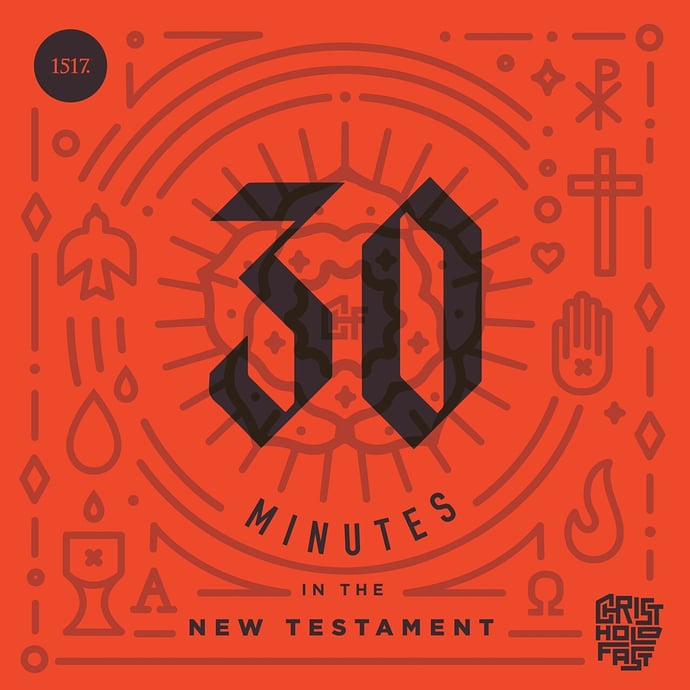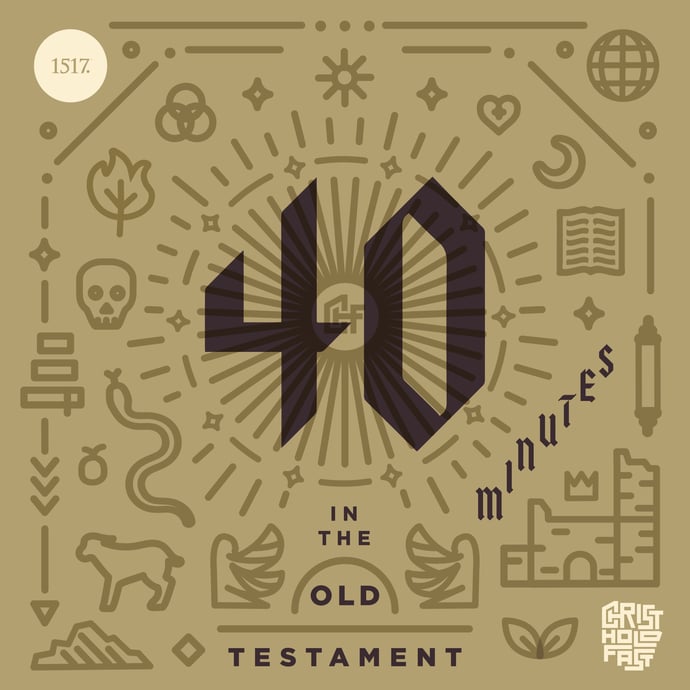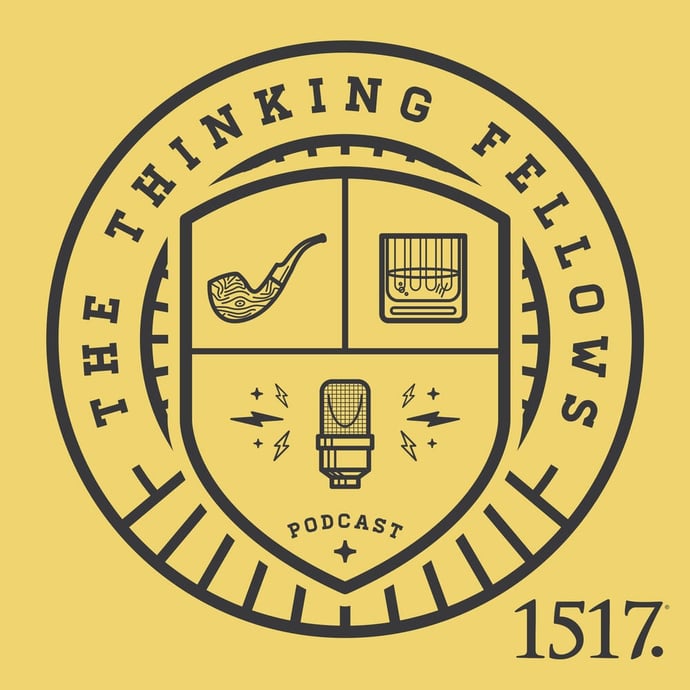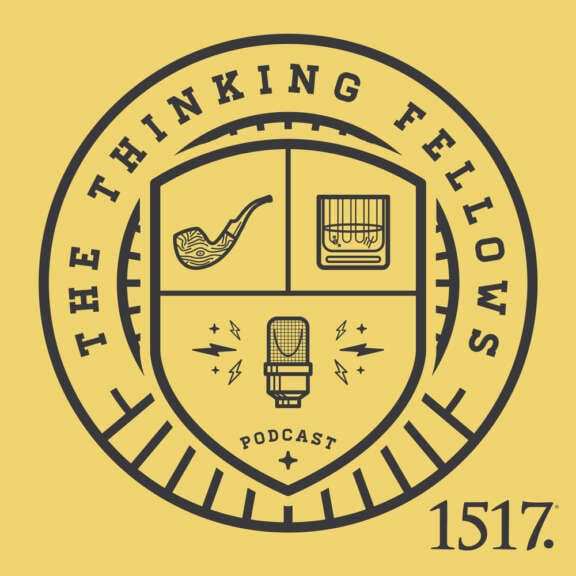Paul says that all his suffering doesn’t compare with the glory that is coming. How is this an encouragement to us?
Podcasts
Each 1517 Podcast is dedicated to delivering Christ-centered content through weekly, monthly, and seasonal audio platforms. Listen online or on your favorite podcasting app.
Author
- All Authors
- Aaron Zimmerman
- Adam Francisco
- Amy Mantravadi
- Blake Flattley
- Bob Hiller
- Bradley Gray
- Brian W. Thomas
- Bror Erickson
- Bruce Hillman
- Caleb Keith
- Chad Bird
- Chris Rosebrough
- Christopher Gillespie
- Cindy Koch
- Craig Donofrio
- Dan van Voorhis
- Daniel Deen
- Daniel Emery Price
- Darrin Sheek
- David Andersen
- David Rufner
- David Zahl
- Debi Winrich
- Delwyn Campbell
- Donavon Riley
- Doug Klembara
- Edward Killian
- Elyse Fitzpatrick
- Erick Sorensen
- Flame
- Grant Klembara
- Gretchen Ronnevik
- Haroldo Camacho
- Jacob Smith
- Jared C. Wilson
- Jeff Mallinson
- Jeffrey Pulse
- Jessica Thompson
- Jim Nestingen
- Joel Fitzpatrick
- Joel Hess
- John Andrew Schreiner
- John Bombaro
- John T. Pless
- John W. Hoyum
- John Warwick Montgomery
- Katie Koplin
- Kelsi Klembara
- Ken Sundet Jones
- Magnus Persson
- Matt Popovits
- Michael Berg
- Michael Horton
- Nick Lannon
- Paul Koch
- Peter Nafzger
- Philip Bartelt
- Raleigh Sadler
- RJ Grunewald
- Robert Kolb
- Rod Rosenbladt
- Ron Hodel
- Sam Leanza Ortiz
- Sarah Condon
- Sarah Crowder
- Scott Davis
- Scott Keith
- Steven Paulson
- Tanner Olson
- Troy Neujahr
- Uwe Siemon-Netto
- Wade Johnston
- William Cwirla
-
Moses continues addressing the people. He recounts how God has fought for Israel and how he pleaded with God a final time to let him enter the promised land.
-
Coming back from the Diet of Augsburg the Lutheran reformers began responding to the doctrinal backlash of the Confutation.
-
Daniel and Erick breakdown what it means to be both sinner and saint.
-
Moses recounts wandering around the wilderness for 38 years. God puts prohibitions on who Israel is allowed to engage in conflict with. Why is God good to the children of Esau?
-
In 1530 an imperial diet was called to the city of Augsburg. Among many issues to be addressed was the increasing influence of Lutheran theology.
-
Paul roots the Christian’s death to the law in baptism and makes a scandalous claim that the law arouses sin in people.
-
Moses recounts the people's refusal to trust God when the report comes back from the promised land. A crazy accusation is made against God.
-
Before his death in 1532 Ulrich Zwingli led a more radical reform than those in Wittenberg. Zwingli was not only a theologian, but also a humanist, and a soldier ultimately leading to his death on the battlefield.
-
Should we sin because we are not under law? How do you talk about the law, the gospel and grace in light of the fact that we still sin?
-
Chad and Daniel begin the journey through Deuteronomy. After some introduction to the book, we see Moses start addressing the second generation of Israel and take a shot at those who came before them for the journey taking so long.
-
On this episode, the Thinking Fellows talk about catechisms and catechetical methodology. During the Reformation, catechisms were a tool for addressing the issue of Christian education.



